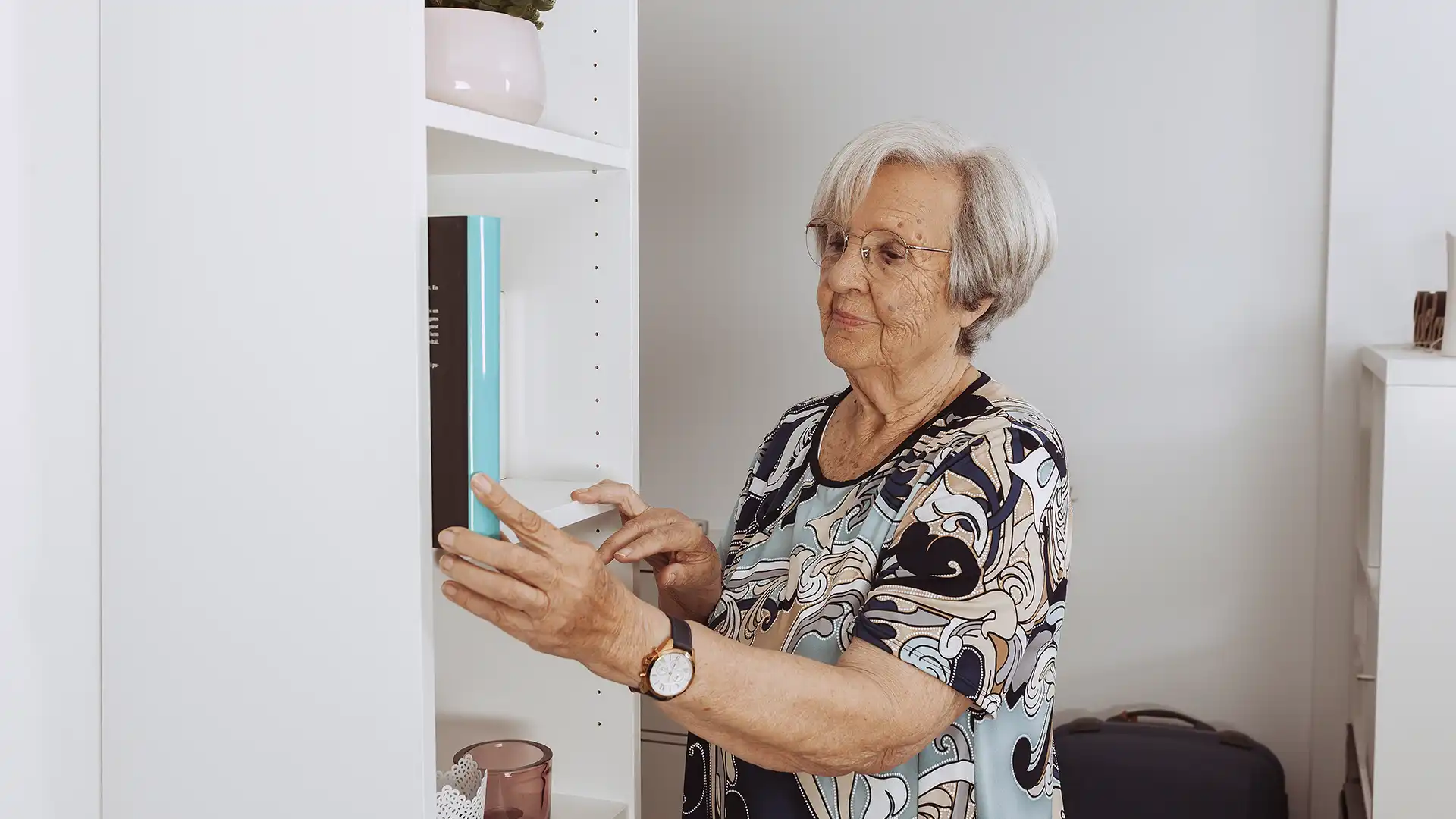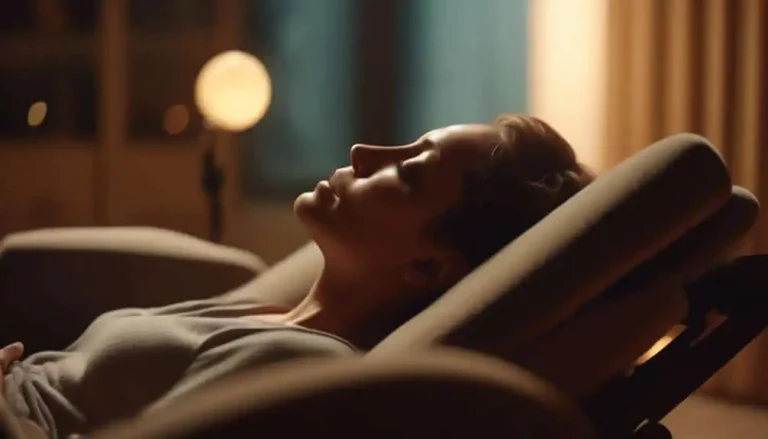Hypnosis For Misophonia
Misophonia, a condition where specific sounds trigger intense emotional reactions, can be incredibly disruptive to an individual’s daily life. Those who suffer from this disorder often find themselves experiencing feelings of anger, irritation, or even panic when exposed to certain noises.
While there is no known cure for misophonia, various coping strategies and treatments have been explored in an attempt to alleviate the distress it causes.
One intriguing approach that has gained attention in recent years is hypnosis. By utilizing the power of the subconscious mind, hypnotherapy aims to help individuals with misophonia better manage their emotional responses when confronted with triggering sounds.
As more people seek alternative methods for dealing with this challenging disorder, hypnosis offers a promising avenue worth exploring further in the search for relief and improved quality of life.
Trigger
You’re not alone when a simple sound triggers intense emotions and disrupts your peace of mind. This phenomenon, called misophonia, affects many people who experience strong emotional reactions to specific sounds.
Hypnotherapy has emerged as an effective approach in helping individuals cope with their sound sensitivity and treat misophonia. By addressing the subconscious mind, hypnotherapy can help reduce the intensity of emotional reactions to misophonia triggers.
Misophonia triggers vary from person to person and can include everyday noises like chewing, breathing, or tapping. These seemingly innocuous sounds can evoke extreme emotional responses such as anger, anxiety, or even panic in those with misophonia.
Hypnotherapy works by delving into the root cause of this sound sensitivity and teaching coping mechanisms for managing emotional reactions more effectively. As a result, individuals who undergo hypnotherapy may find relief from their debilitating condition and regain control over their lives.
Misophonia
Isn’t it amazing how certain sounds can trigger such intense emotions, making daily life challenging? This is the reality for individuals living with misophonia, a condition characterized by an extreme emotional response to specific sounds, also known as trigger sounds.
These sounds can range from everyday noises like chewing or breathing to unique ones like tapping or clicking. For those affected by misophonia, these seemingly mundane noises can provoke feelings of anger, anxiety, and even panic.
As this condition continues to gain recognition in the medical community, hypnosis has emerged as one of the potential treatment options for managing its symptoms. Hypnosis has long been used to treat various psychological issues and disorders due to its ability to tap into the subconscious mind and facilitate lasting change.
In the case of misophonia, hypnotherapy aims to help patients reframe their emotional response to trigger sounds and develop coping mechanisms to manage their reactions better. Through guided relaxation techniques and targeted suggestions during sessions, patients may find relief from their overwhelming responses to certain noises and regain control over their lives.
While hypnosis may not completely cure misophonia sufferers, it offers a promising alternative or complementary therapy option alongside traditional treatments like cognitive behavioural therapy (CBT) and sound therapy.
Causes misophonia
It’s truly baffling how certain sounds can set off such powerful emotions, making daily life feel like an overwhelming obstacle for those struggling with misophonia.
The causes of misophonia are still not entirely understood, but it is believed to involve a combination of genetic, neurological, and environmental factors.
Some researchers suggest that an overactive limbic system and auditory cortex may be responsible for the intense emotional reactions experienced by individuals with this condition.
When exposed to specific trigger sounds, these misophonic reactions can manifest as symptoms of anxiety, anger, or even panic.
Hypnosis has emerged as a promising treatment option for managing misophonia symptoms due to its ability to tap into the subconscious mind and reframe negative associations with certain sounds.
Through guided visualization and relaxation techniques, hypnotherapy can help individuals develop healthier coping mechanisms and reduce misophonic reactions.
While more research is needed to fully understand the effectiveness of hypnosis for treating misophonia, anecdotal evidence suggests it may provide relief for some sufferers looking to regain control over their emotional responses to everyday noises.
Misophonia triggers

So, what exactly sets off those intense emotional reactions in people with this condition? Misophonia triggers are specific sounds that can provoke extreme emotions and physical responses in individuals with misophonia. These triggers vary from person to person, but some common sounds tend to affect many people with the condition.
Hypnosis for misophonia is a treatment option to help individuals manage their response to trigger sounds. It targets these specific triggers by helping the individual create new associations and responses. By working on relaxation techniques and cognitive restructuring through hypnotherapy, sufferers may learn how to manage their reactions better when faced with common trigger sounds.
Some common trigger sounds include:
1. Chewing or crunching: The sound of someone eating, especially loud and obnoxious, can be unbearable for someone with misophonia.
2. Pen clicking or tapping: Repetitive noises like these might seem innocuous to most people, but they can drive someone with misophonia up the wall.
3. Sniffling or throat clearing: While these bodily functions might sometimes be necessary, they’re often perceived as irritating noises by individuals with misophonia.
Symptoms of misophonia
But what telltale signs someone may be dealing with this challenging condition? Misophonia symptoms can vary from person to person, but they typically involve an intense emotional reaction to specific sounds. These reactions can include anger, annoyance, disgust, panic, and fear.
The severity of these emotions often seems disproportionate to the actual trigger sound, making diagnosing misophonia difficult for healthcare professionals. However, once identified and properly diagnosed, patients with misophonia may benefit from various treatment options like cognitive behavioural therapy (CBT) and hypnosis for misophonia.
Hypnosis for misophonia has shown promise as a potential treatment option due to its ability to help patients develop coping mechanisms and manage their reactions to trigger sounds more effectively. Through guided relaxation techniques and suggestion-based interventions, a trained hypnotherapist can assist individuals in reprogramming their subconscious response patterns related to specific sounds.
This approach enables patients with misophonia to experience reduced negative emotional responses when encountering triggering noises daily. While further research is needed on the efficacy of hypnosis for treating misophonia specifically, many individuals have reported positive outcomes following this form of therapy alongside other treatments such as CBT or sound therapy.
Common triggers
In discussing the symptoms of misophonia, it’s essential to delve into its common triggers. Identifying these triggers can help individuals manage their condition effectively and seek appropriate treatments, such as hypnosis for misophonia.
Misophonia, or selective sound sensitivity syndrome, involves a heightened sensitivity to specific sounds or auditory stimuli. Common triggers typically include repetitive noises like chewing, tapping, or clicking sounds that evoke intense annoyance or discomfort in individuals with misophonia.
These triggers may vary from person to person; however, understanding one’s specific irritants can prove crucial in addressing and coping with this condition. It can take some time to overcome noise sensitivity misophonia noises.
Frequently Asked Questions
How effective is hypnosis in treating misophonia compared to other therapies or treatments?
Hypnosis’ effectiveness in treating misophonia varies, but it’s a promising option for some. Hypnosis for misophonia may offer quicker relief and fewer side effects than other therapies or treatments, making it worth considering.
Are there any potential side effects or risks associated with using hypnosis for misophonia treatment?
There can be potential side effects or risks with hypnosis for misophonia treatment, such as increased anxiety or false memories. However, it’s generally considered safe when performed by a qualified professional.
How does the hypnosis process specifically address misophonia’s emotional and physiological aspects?
Hypnosis tackles misophonia by altering one’s perception of triggering sounds and reducing emotional responses and physiological reactions. It helps retrain the brain to cope with auditory stimuli more effectively.
How long does it typically take to see improvements in misophonia symptoms through hypnosis, and are the results long-lasting?
It typically takes several hypnosis sessions for noticeable improvements when using hypnosis for misophonia symptoms. Results vary, but many experience long-lasting relief. Effectiveness depends on the individual’s commitment and the hypnotist’s expertise.
Can hypnosis be combined with other therapies or treatments for misophonia, and if so, which ones?
Yes, Hypnosis For Misophonia can be combined with other therapies for misophonia treatment. Commonly paired approaches include cognitive-behavioural therapy (CBT), a misophonia chiropractor, tinnitus retraining therapy (TRT), and mindfulness-based techniques.
Conclusion
In conclusion, misophonia is a condition that affects individuals in unique ways. It’s essential to be aware of the triggers and symptoms to understand better how hypnosis for misophonia can support those dealing with this disorder.
Hypnosis may offer a promising solution for managing misophonia. By exploring alternative coping mechanisms and learning more about the condition, people can find relief from their distressing reactions to everyday sounds.






















